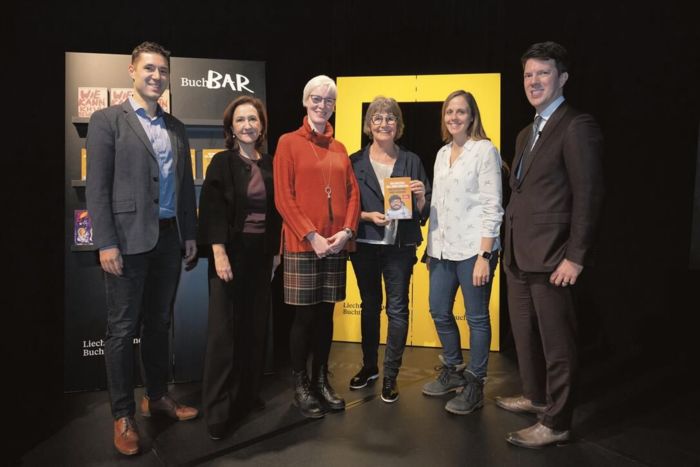Barrier-free access to information and assistance
Accessibility of websites and mobile applications
The central principle of the UN Convention on the Rights of Persons with Disabilities is barrier-free access to information - not only in terms of technical and design criteria, but also in terms of content. In January, the amendments to the Statistics and Information Act came into force in accordance with the requirements of EU Directive 2016/2102 and the Disability Equality Act. These stipulate that all websites and mobile applications of public bodies and administrations at provincial and municipal level must be designed in such a way that they are "perceptible, operable and understandable" for people with disabilities. In addition, accessibility must be monitored on an ongoing basis. Public bodies and administrations must issue a declaration on accessibility and publicly report on its implementation every three years. These measures are intended to ensure that people with disabilities are not disadvantaged in terms of information and are fully informed. New websites must implement this directive with immediate effect, existing websites have a deadline of 2026.
Consistently drive forward the implementation of accessible websites and mobile applications.
Silent and barrier-free emergency call

Figure: Access to knowledge and information is fundamental for participation in society and the exercise of one's own rights. Inclusive reading at the BuchBar on Disability Day. Photo: Nils Vollmar
Various vulnerable people are unable to use the existing emergency call systems in Liechtenstein. This affects people with hearing or speech impairments, people with little knowledge of German, but also people who are acutely affected by domestic violence or are struggling with mental illness or addiction issues. This was also noted by the Commission of Experts under the Istanbul Convention (GREVIO) in its 2023 report. As a result, all of these groups are disadvantaged or completely excluded from access to assistance.
A total of 13 non-governmental organizations from the fields of protection against violence, health or disability see this as a serious protection gap and a violation of the human rights of vulnerable groups. In November 2024, they made an urgent appeal to the government to prioritize the project of a barrier-free and silent emergency call system for the national police and implement it as soon as possible. As early as 2023, the Disabled Persons' Association submitted a request to the government to introduce a similar solution in Liechtenstein. The government did not see any possibility of prioritizing the implementation of the emergency call due to the current technical infrastructure.
In 2020, Austria introduced an app ("DEC 112") that provides vulnerable groups with direct access to help in an emergency, thus ensuring safety, participation and equal treatment based on the obligations of the UN Convention on the Rights of Persons with Disabilities and the Istanbul Convention against Domestic Violence.
Quickly introduce a silent and barrier-free emergency call for people at risk.
